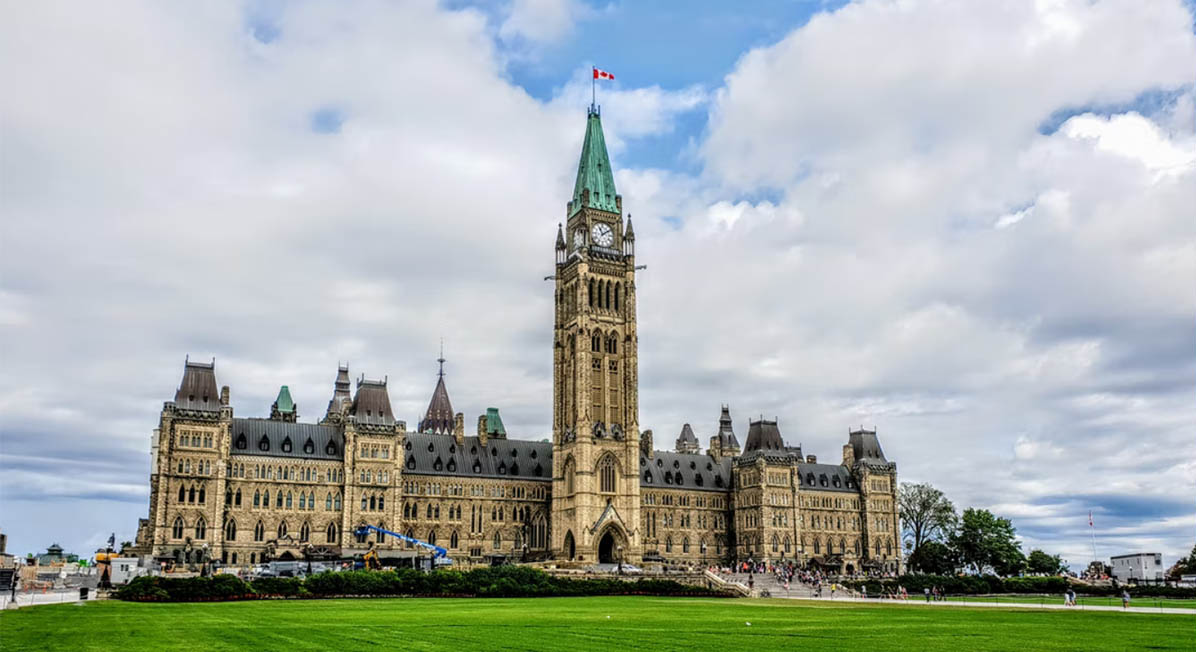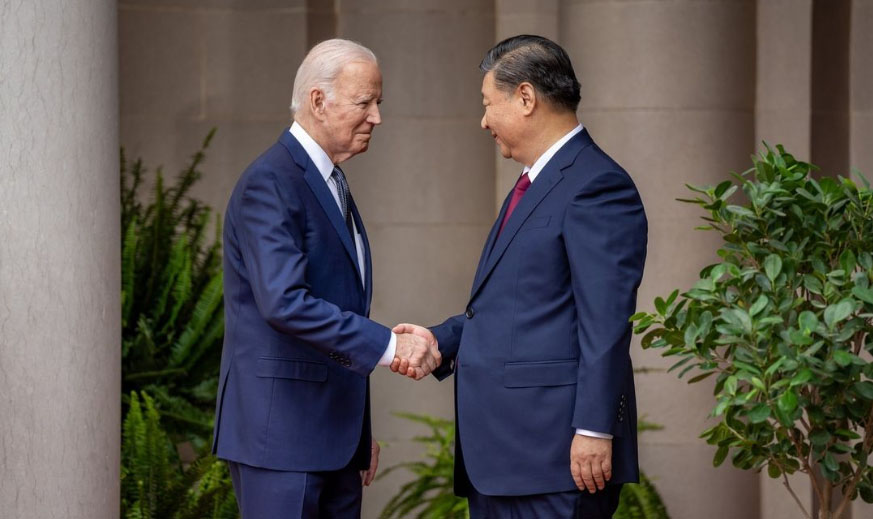
Can the Government Make Housing and Groceries More Affordable? Don’t Hold Your Breath
Pierre Poilievre, who is always good for a catchy line, recently commented on the Liberal cabinet ministers’ meeting with grocery titans to try and persuade them to reduce prices: “It’s an act, and what we need is action.”
Much of the political crowing about attacking the inflated cost of living, like housing and groceries, is theatrics — an act that is unlikely to produce reliable results for weary, cash-strapped Canadians.
The Liberals calling grocery chain titans to shame them has been called pure political theatre. An ebullient, fast-talking Minister of Industry, François-Philippe Champagne, emerged announcing the members of the group had agreed to make plans that would “stabilize” prices by Thanksgiving. In several interviews, his boss, Justin Trudeau, was led to say it would be nice if they lowered prices, but clearly, cheaper turkeys are not in the cards.
The PM hinted that punitive taxes on grocery store profits could be on the horizon unless they take some real action on rising food prices. Taxing grocers was an idea he had rejected earlier since he assumed new taxes would be passed on to consumers. Trudeau also announced measures for the Competition Bureau so it could act against measures that stifled competition and consumer choice. One concern is situations where large grocers prevent smaller competitors from establishing operations nearby. While these measures may be effective, it doesn’t mean lower prices will necessarily follow.
We can expect gushing full-page ads from the grocery chains explaining all they are doing to ensure customer value and the difficulty in dealing with suppliers who have been raising prices that they cannot control. In any event, ‘stabilizing prices’ will be easier given the already lower price increases month over month announced the day after the meeting by Stats Canada.
The Liberal government was at least being seen to do something that answered the public revulsion over the over grocery chains’ excessive plus profits while their prices rose substantially, and many had to access overburdened food banks for the first time to keep eating. Economist Jim Stanford, Director of the Centre for Future Work, published an article recently about the numbers. In short, total profits in food retail have more than doubled since before COVID – from $2.4 billion in 2019 to a whopping $5.2 billion over the last twelve months. (For the full article, click here.)
The Liberal government, newly found inspiration to tackle the affordability issues that are distressing Canadians, announced their detailed intentions in a flourishing news release on September 14th, which opened as follows: “The Prime Minister, Justin Trudeau, today announced a suite of new measures to support the middle class and people working hard to join it. This includes action to build more rental housing, …and drive down the cost of groceries.”
There it is — the big promises and a seeming return to the badly defined middle-class Liberal focus. The “build more housing” promise was made the week before with a big announcement in London, Ontario. Justin Trudeau promises funding to build more than 2,000 new housing units there over the next three years. It is the first city in the country to sign a deal under the misnamed National Housing Accelerator Fund, a $4-billion program first announced in the spring 2022 federal budget. Promises were made to negotiate similar deals with other cities — the qualification being local governments must end exclusionary zoning and encourage building housing near public transit.
Rental housing construction will get a much lobbied for boost with the removal of the GST for purpose-built rentals. This move was applauded by the apartment building industry and should show increases in that sector. The changes to the Competition Bureau’s powers and the GST announcement were re-announced on Sept. 21st as proposed legislation.
So, for new housing, there will be a lengthy rollout for the “accelerator” fund’s benefits to be felt since cities must have projects ready and signed to proceed. No fast fix here. The need is challenging, with major immigration numbers already straining the system. The government estimates the need of an additional 3.5 million more housing units over the coming decade. This will require doubling the number of homes built over that period. The industry’s current performance is lacklustre due to high-interest charges and workforce labour shortage problems. It is unlikely that it can meet these targets.
Let’s remember that in politics, it’s an ironclad rule that you don’t promise more than you can deliver. It appears that in grocery prices and housing, the government has bitten off more than it can chew. The Leader of the Opposition will closely watch to see if there is any improvement in these two sectors and will pounce if, predictably, the medium-term results are poor. They will have to show reliable results if the public’s attitude towards the Liberals, now at an all-time low, is to improve in the next two years.
More announcements are on the horizon from Housing Minister Sean Fraser. The hard truth is that to bring housing affordability down requires prices to stabilize to allow earnings to catch up. Either this happens or the bubble owners have been enjoying bursts. Neither is predictable. Inflation is up at four percent, indicating the possibility of more damaging interest rate hikes. Getting young people into homes and out of basements seems a long-distant hope.
There is little possibility of a major new supply of affordable homes or relief from high grocery prices. And supporters of the Conservative Party await sensible plans from their leader.
Canada waits and watches. Electoral success depends on real action, where Canadians hurt most.









